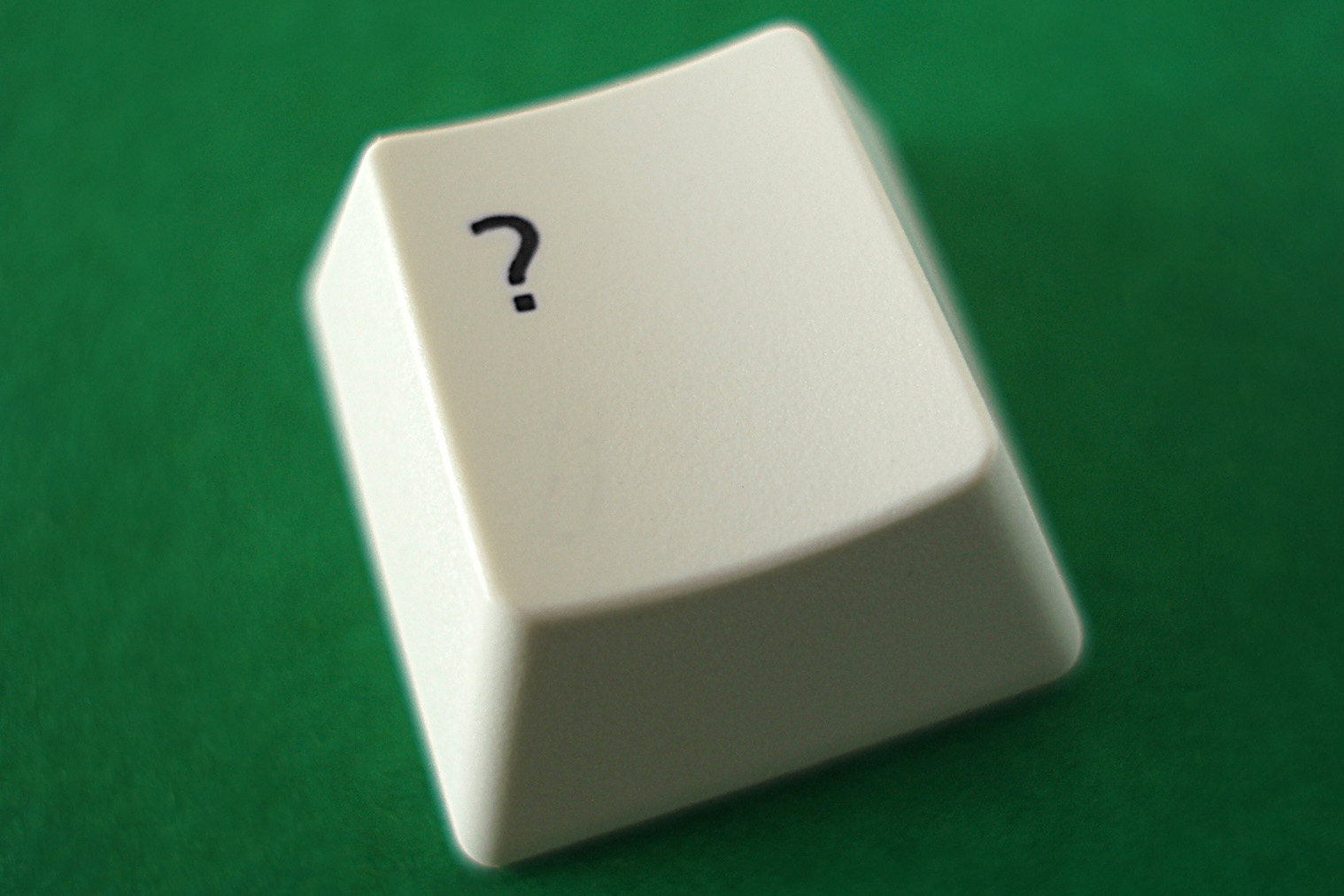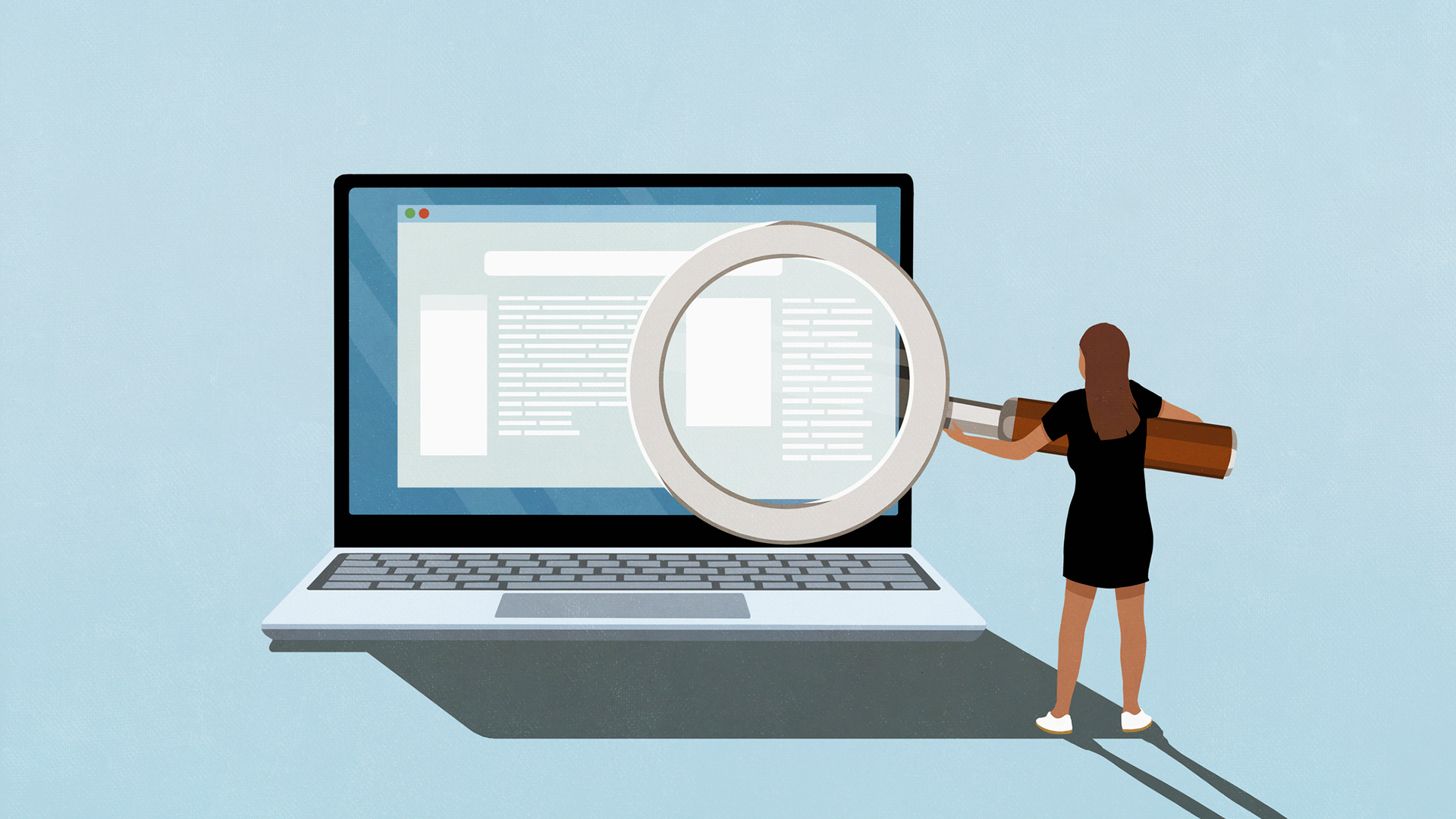Need to Know: Digital Economy Bill
The bill is set to be unveiled in more detail tomorrow, but here are the basics on the file sharing plans and more.


Sign up today and you will receive a free copy of our Future Focus 2025 report - the leading guidance on AI, cybersecurity and other IT challenges as per 700+ senior executives
You are now subscribed
Your newsletter sign-up was successful
The government has unveiled the Digital Economy Bill to bring in new laws for file sharing and more.
Borne out of the Digital Britain report earlier this year, the bill was formally introduced in the Queen's speech with the line: "My government will introduce a bill to ensure communications infrastructure that is fit for the digital age, supports future economic growth, delivers competitive communications and enhances public service broadcasting."
Captivating. But what does all that actually mean?
So... what is this bill, then?
The Digital Economy Bill brings together some rather disparate bits and pieces of law to manage new technology.
It was originally announced over the summer, but has been consulted on and tweaked since then. It was introduced in the Queen's speech, so it means the current government will introduce it to parliament to consider.
What new laws does it cover?
Sign up today and you will receive a free copy of our Future Focus 2025 report - the leading guidance on AI, cybersecurity and other IT challenges as per 700+ senior executives
Aside from controversial file sharing plans, and broadband improvements, it also includes video game classification changes, so children can't buy adult-rated games.
It will also hand new powers and duties to Ofcom, lay out the framework for switching to digital radio, look to modernise spectrum for mobile broadband use, and tweak how Channel 4 is run.
What's the deal with the file sharing rules?
The bill would introduce disconnection for the worst illegal file sharers - but they wouldn't have to be proven so in court first.
According to the Open Rights Group, the bill might not even be legal. "We believe these laws will be illegal under European law. The new Amendment 138 appears to guarantee a prior legal process and hearing before disconnection occurs where our government is proposing an appeal mechanism, for those who choose to take it up," director Jim Killock said in a blog post.
"Evidence cannot show who may have infringed copyright, only what connection was used. And the punishment could have an enormous range of effects, from being disruptive to removing someone's ability to earn a living," he added. "For both these reasons, disconnection should only ever be imposed as the result of a court hearing."
ISPs have come out against it too, but many rights holders quite like it.
What about all the broadband plans they've been talking about?
This bill grew out of the Digital Britain plans, but it doesn't include anything on getting everyone's broadband up to 2Mbps - the main goal of that document.
While the government said more details on broadband bits of hte bill would soon be unveiled, the 2Mbps promise won't be there. "It does not need legislation," a spokeswoman for the Department for Business, Innovation and Skills told the BBC.
The bill also doesn't include the so-called broadband tax, which would see every connection charged an extra 50 pence to help pay for everything. It must be introduced in the Finance Bill next year.
Will the bill get passed?
It's hard to say. There's a big election looming, limiting how much time Labour has to push this through.
Aside from the file sharing bit, none of it is particularly controversial - one complaint competing politicians have made, in fact, is that it doesn't go far enough.
If you don't want the file sharing aspect to become law, you could always vote for the Pirate Party in the next election, and hope everyone else does too.
Want to read more background on the latest IT topics? Click here for all the tech cheatsheets in our Need to Know series.
Freelance journalist Nicole Kobie first started writing for ITPro in 2007, with bylines in New Scientist, Wired, PC Pro and many more.
Nicole the author of a book about the history of technology, The Long History of the Future.
-
 Agile methodology might be turning 25, but it’s withstood the test of time
Agile methodology might be turning 25, but it’s withstood the test of timeNews While Agile development practices are 25 years old, the longevity of the approach is testament to its impact – and it's once again in the spotlight in the age of generative AI.
-
 Will a generative engine optimization manager be your next big hire?
Will a generative engine optimization manager be your next big hire?In-depth Generative AI is transforming online search and companies are recruiting to improve how they appear in chatbot answers
-
 UK’s ‘Tech Prosperity Deal' with US hits rocky ground
UK’s ‘Tech Prosperity Deal' with US hits rocky groundNews The US has reportedly threatened to pull out of the deal over the Digital Services Tax and broader economic disagreements
-
 ‘A major step forward’: Keir Starmer’s £187 million tech skills drive welcomed by UK industry
‘A major step forward’: Keir Starmer’s £187 million tech skills drive welcomed by UK industryNews The ‘TechFirst’ program aims to shore up the UK’s digital skills to meet future AI needs
-
 Government’s ‘Humphrey’ AI tool helps local authorities cut costs
Government’s ‘Humphrey’ AI tool helps local authorities cut costsNews The Minute tool, part of the Humphrey AI assistant, is being trialled at 25 councils
-
 Starmer bets big on AI to unlock public sector savings
Starmer bets big on AI to unlock public sector savingsNews AI adoption could be a major boon for the UK and save taxpayers billions, according to prime minister Keir Starmer.
-
 UK government targets ‘startup’ mindset in AI funding overhaul
UK government targets ‘startup’ mindset in AI funding overhaulNews Public sector AI funding will be overhauled in the UK in a bid to simplify processes and push more projects into development.
-
 UK government signs up Anthropic to improve public services
UK government signs up Anthropic to improve public servicesNews The UK government has signed a memorandum of understanding with Anthropic to explore how the company's Claude AI assistant could be used to improve access to public services.
-
 The UK’s AI ambitions face one major hurdle – finding enough home-grown talent
The UK’s AI ambitions face one major hurdle – finding enough home-grown talentNews Research shows UK enterprises are struggling to fill AI roles, raising concerns over the country's ability to meet expectations in the global AI race.
-
 US government urged to overhaul outdated technology
US government urged to overhaul outdated technologyNews A review from the US Government Accountability Office (GAO) has found legacy technology and outdated IT systems are negatively impacting efficiency.
